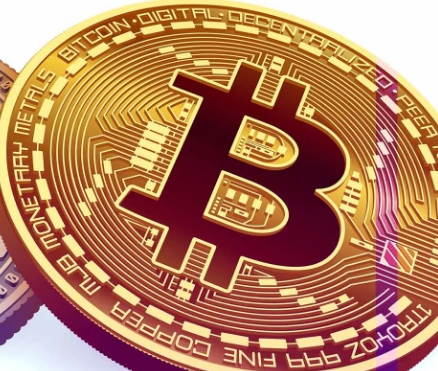The question of Egyptian currency is crucial for anyone looking to travel to Egypt, invest in its markets, or understand its economy. With a rich historical backdrop and a unique socio-economic context, the Egyptian pound (EGP) presents several considerations for both locals and international stakeholders. Let’s dive deeper into what you need to know about Egyptian currency, addressing common pain points and important factors to consider.

Understanding Egyptian Currency
The Egyptian pound, known as "Genih" in Arabic, is the official currency of Egypt. Divided into 100piastres, the currency has undergone significant changes over the years due to economic fluctuations and governmental reforms. One of your primary concerns may be the exchange rates and the cost of living in Egypt, especially if you’re a tourist or an investor. Properly understanding and managing your finances is key to ensuring a smooth experience.
The exchange rates can vary between banks, official exchange bureaux, and the black market. Today, the official rate is generally more stable. It’s advisable to convert your currency at reputable institutions to avoid unfavorable conditions. Furthermore, it's essential to keep an eye on inflation rates, which can affect purchasing power and overall economic stability.
Considerations When Dealing with Egyptian Currency
When navigating the Egyptian currency landscape, there are several important factors to consider:
Regulations and Compliance: The Central Bank of Egypt regulates currency transactions. Ensure you’re compliant with any laws concerning currency exchange, especially if you’re dealing with large sums of money.
Inflation and Economic Stability: Keep track of Egypt’s inflation rates, which can impact both the value of the pound and everyday purchasing power.
Exchange Rates: Rates can fluctuate daily, so monitor them regularly. Utilize reputable financial news sources or apps for real-time updates.
Payment Methods: Understand the various forms of payment accepted in Egypt. While cash is widely used, credit and debit cards are also becoming increasingly accepted.

When to Buy or Sell Egyptian Currency
Timing is crucial when dealing with Egyptian currency. Here are some considerations for determining when it's appropriate to buy or sell the Egyptian pound:
Buying: Consider buying when the exchange rate is favorable. If the EGP is declining against your home currency, you might want to wait until the rate stabilizes or strengthens.
Selling: You might consider selling EGP during peak tourist seasons when demand for the pound increases, potentially raising its value.
Future Predictions: Stay informed about economic forecasts and government policies that could affect the value of the EGP.

Conclusion
Understanding Egyptian currency involves considering various aspects such as exchange rates, regulations, and economic conditions. By keeping these factors in mind, you can navigate the currency landscape more effectively, whether you're traveling, investing, or conducting business in Egypt. The Egyptian pound, with its nuances and challenges, is a vital piece of the country’s fabric, and understanding it enables smarter financial decisions.
This guide should provide you with the foundational knowledge needed to engage confidently with Egyptian currency while addressing common concerns and considerations.